There are lots of ways to get into the disability sector and there are a range of jobs available right now.
You don’t need a qualification to start many of these jobs. People find success in entry-level support roles by bringing their varied life experiences, professional expertise and people skills.
Many employers provide on-the-job training or you may choose to undertake further study to strengthen your skills and progress to more advanced positions.
Visit Explore disability careers to learn more about the types of roles that are available in the disability sector.
There is no formal requirement to have a qualification to start your career in disability. However, employers commonly indicate a preference or have a requirement for candidates with one or more of the following:
- First Aid certificate
- Cardiopulmonary Resuscitation (CPR) certificate
- Working with Children Check (WCC)
- current driver’s licence
- food safety certificate
There are a range of courses to help you progress to more advanced roles that need a qualification. Some employers may have a preference or requirement for these.
Qualifications that can help you build and further a career in the disability sector:
- Course in Introduction to the National Disability Insurance Scheme
- Certificate III in Individual Support (Disability)
- Certificate III in Community Services
- Certificate III in Allied Health Assistance
- Certificate IV in Disability
- Certificate IV in Allied Health Assistance
- Certificate IV in Mental Health
- Certificate IV in Mental Health Peer Work
- Diploma of Community Services
- Advanced Diploma of Community Sector Management
Some courses may be eligible for financial support, visit Free TAFE for more information.
There are also accredited training courses to support advancing a career in disability. Visit Targeting Quality Training and the Victorian Skills Gateway for more information.
Some of the skills and attributes employers in the disability sector often look for, include:
- interest in supporting people reach their potential
- effective verbal and written communication skills
- good interpersonal skills
- initiative
- problem-solving skills/solution-focused approach
- teamwork and collaboration
- planning and organising skills
- literacy, basic numeracy and computer skills
- attention to detail
- reliable, dependable, trustworthy and flexible.
Right now, there are a range of jobs for people wanting to work with people with disability.
National Disability Services (NDS) CareCareers
You can also visit the NDS CareCareers web page for more information and to view available jobs.
JobAccess
JobAccess is the national hub for workplace and employment information for people with disability, employers and service providers.
NDIS supports in employment
The NDIS can fund supports in employment for NDIS participants who require extra support to pursue their employment goals.
If you're starting work for a registered NDIS provider in a risk assessed role, you will need an NDIS Clearance before you start. Visit the NDIS Worker Screening Check for more information.
The Disability Worker Regulation Scheme aims to strengthen the quality of the disability workforce and provide better protections for people with disability in Victoria.
This includes:
- Voluntary disability worker registration (see below)
- the Disability Service Safeguards Code of Conduct
- Mandatory notifications
- A complaints service.
The Scheme is overseen by the Victorian Disability Worker Commission (VDWC) and the Disability Worker Registration Board of Victoria.
Visit the Victorian Disability Worker Commission for more information.
Voluntary disability worker registration
Voluntary disability worker registration supports professionalisation, safety and quality of the Victorian disability workforce.
Registered disability workers are independently assessed as safe, skilled and professional by the Disability Worker Registration Board of Victoria.
Case studies
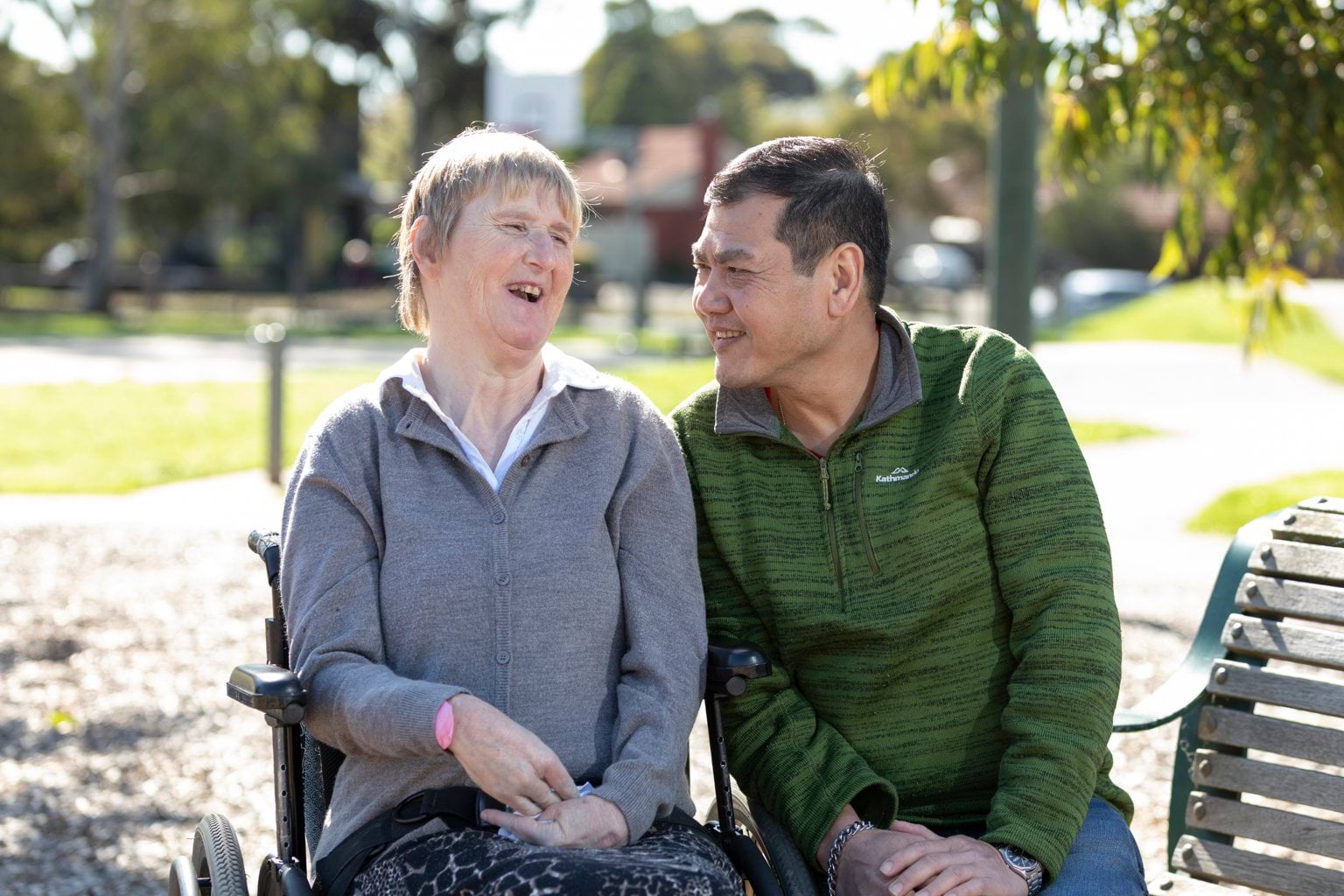
Case study: Van – Team Leader
From casual worker to qualified team leader, Van is still excited about working in disability support after 20 years.
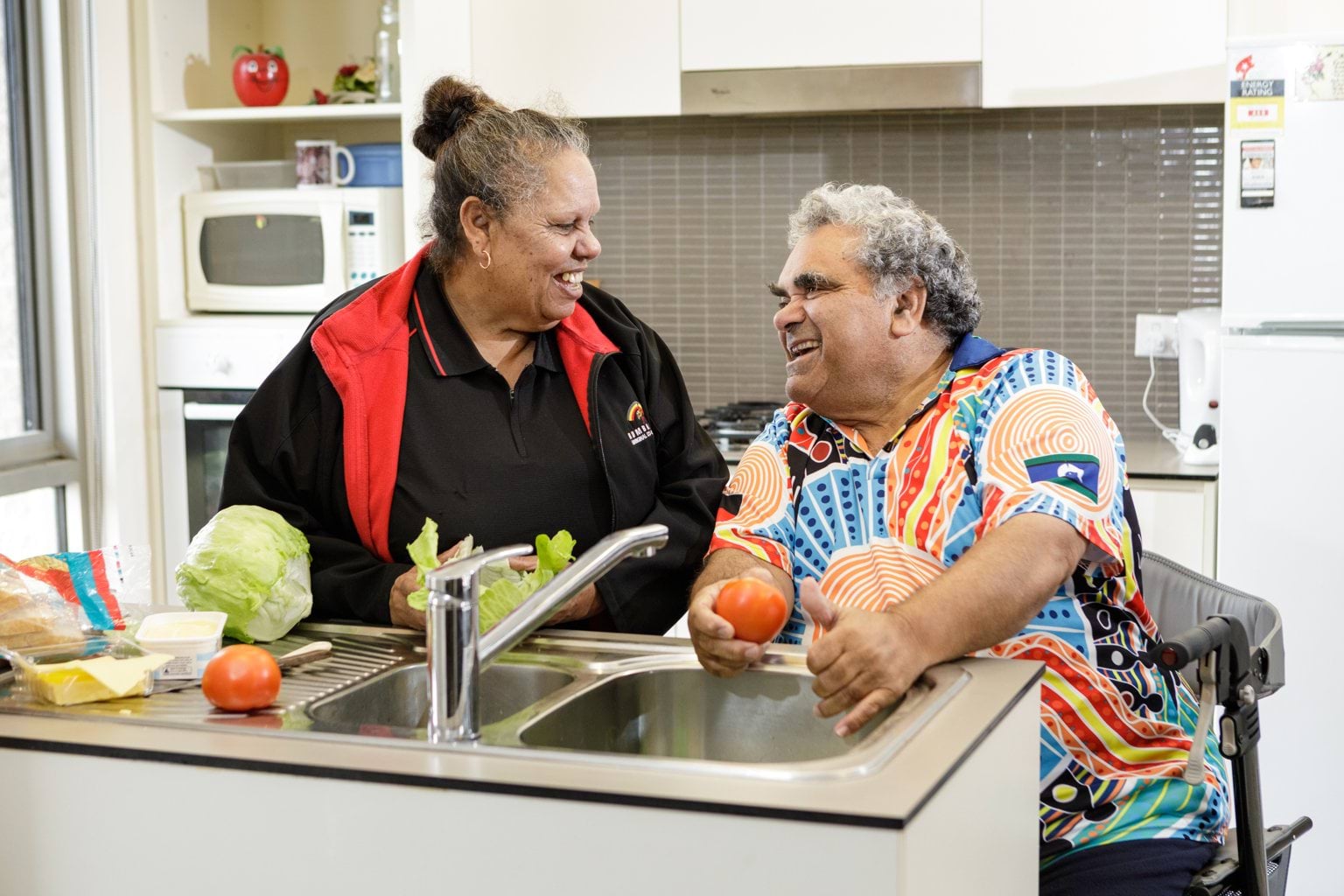
Case study: Bronwyn - Disability Support Worker
Bronwyn is a Worimi and Kamilaroi woman who supports people of different ages and backgrounds to do the things they need to do
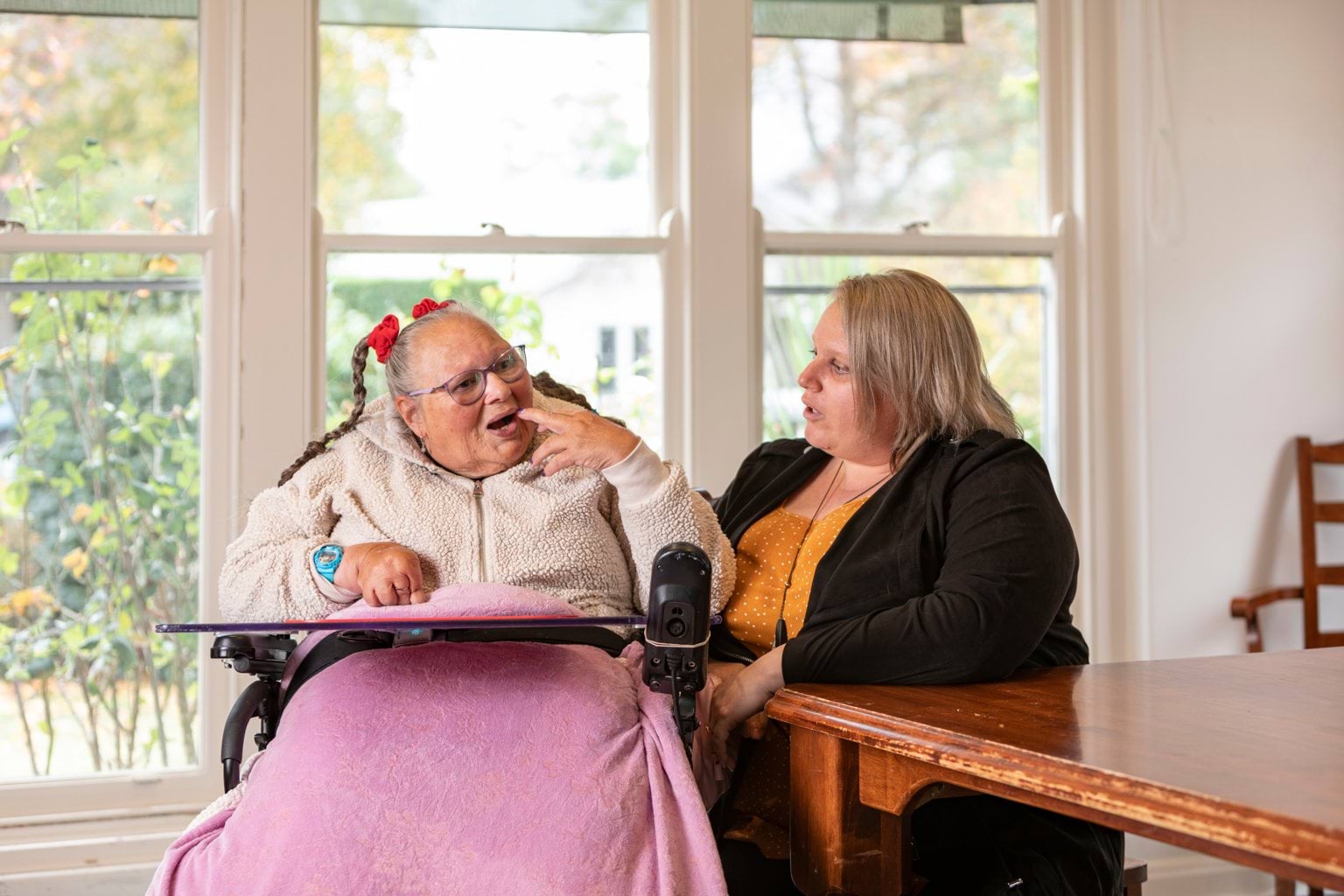
Case study: Kelly – Supported Independent Living Practice Coach
Kelly is a teacher and mentor who enjoys helping disability support workers to create positive change and empowering people with disability to achieve what they want in life.
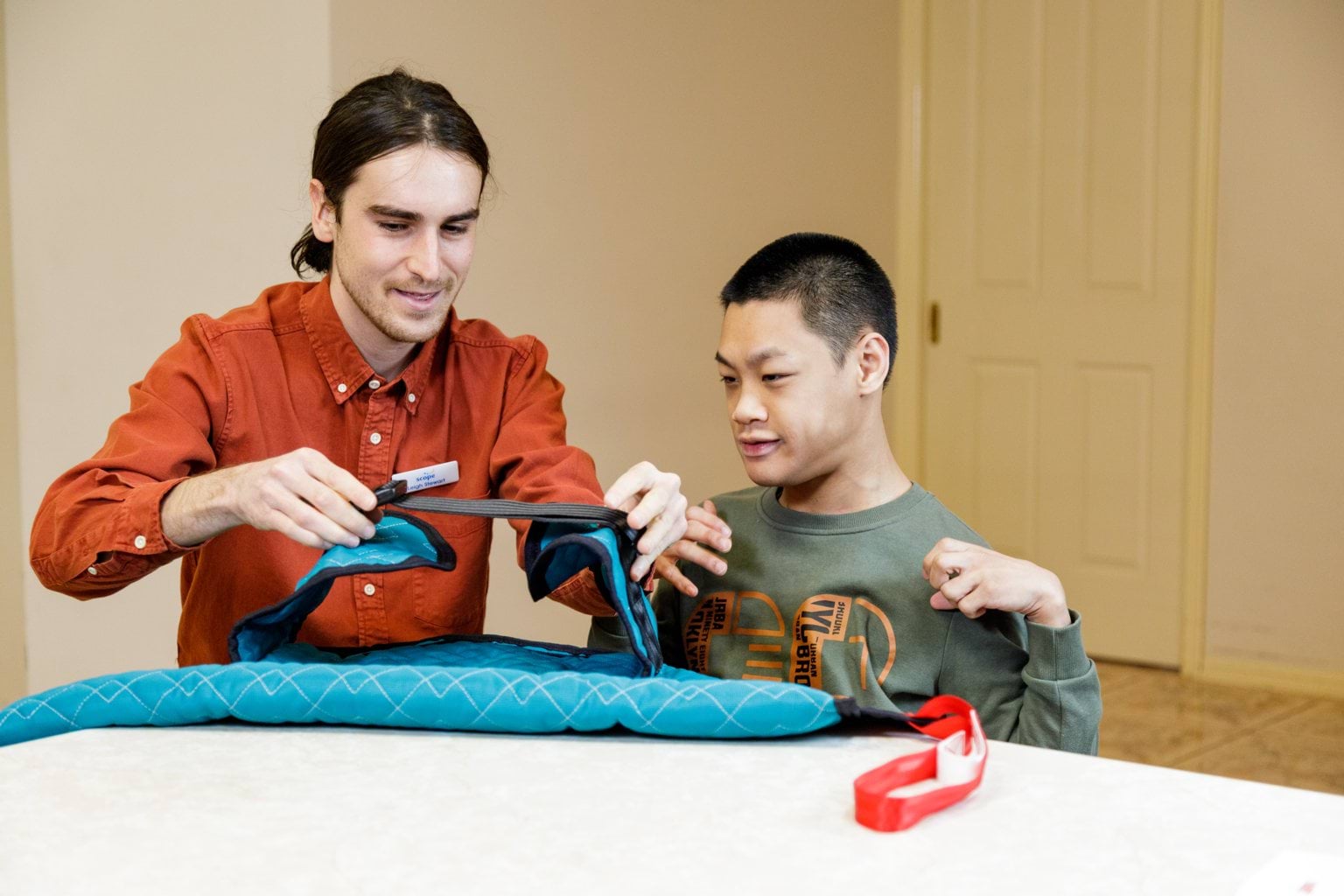
Case study: Leigh – Occupational Therapist
Learn more about working in disability support - work that matters.
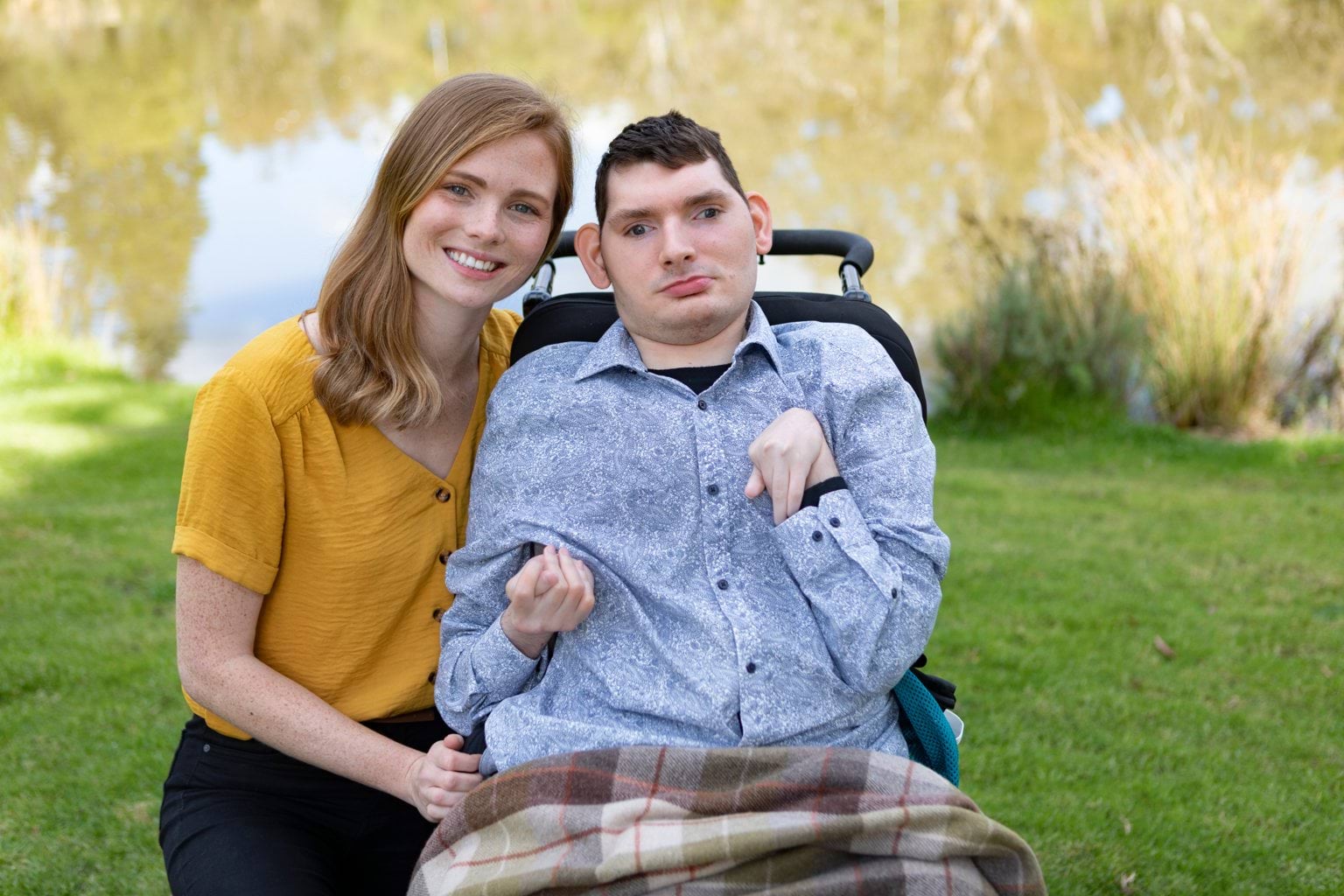
Case study: Rachel – Support worker to health professional
Rachel is a doctor with a history of working in disability support. Looking back, she feels that disability support work gave her skills and knowledge that remain relevant to this day.
Updated

